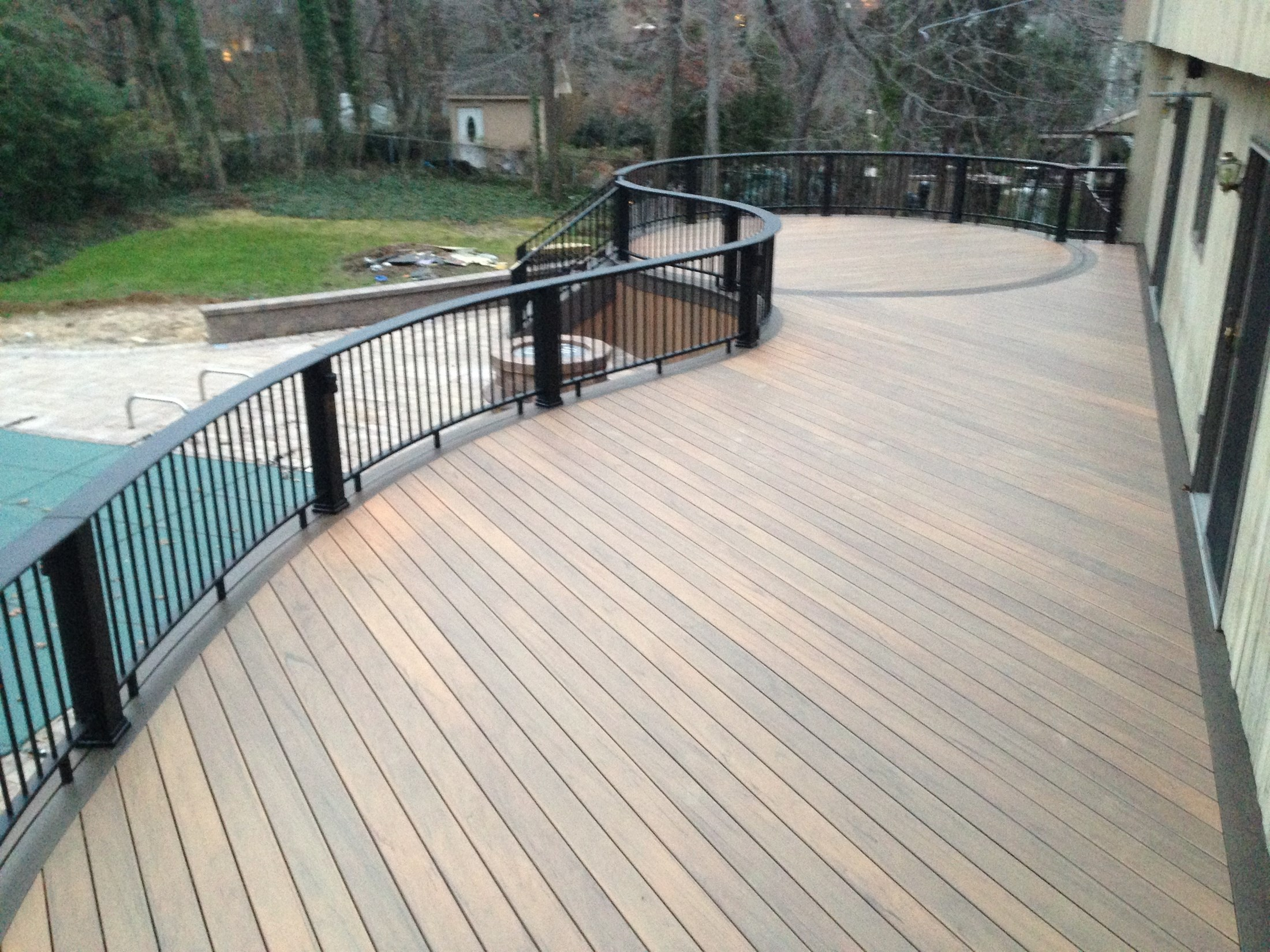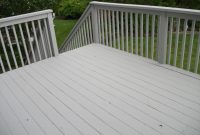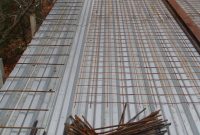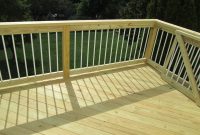 Decks Composite Decking Material Review for sizing 2200 X 1650
Decks Composite Decking Material Review for sizing 2200 X 1650Best Wood Alternative Decking – As outdoor living spaces continue to gain popularity, so does the demand for low-maintenance, eco-friendly, and durable decking materials. Traditional wood decking has been the go-to choose for many homeowners, but alternative wood decking materials like composite and PVC have become increasingly popular due to their many advantages. This article will explore the benefits of alternative wood decking and why it’s gaining popularity among homeowners.
Benefits of Composite Decking:
Composite decking is a wood alternative made of wood fibers and plastic. One of the most significant advantages of composite decking is its durability. Unlike wood decking, composite decking is resistant to rot, termites, and mold. Composite decking is also low maintenance, a significant selling point for homeowners. Unlike wood decking, which requires regular staining and sealing to maintain its appearance, composite decking only requires periodic cleaning with soap and water to keep it looking new. Composite decking is available in various colors and styles, making finding a decking material that suits your design preferences easy.
Benefits of PVC Decking:
PVC decking is another wood alternative that has become popular due to its many advantages. PVC decking is 100% plastic, making it incredibly durable and resistant to rot, termites, and mold. Additionally, PVC decking is low-maintenance and doesn’t require staining or sealing like wood decking. PVC decking is also available in various colors and styles, making finding a decking material that suits your design preferences easy. Another advantage of PVC decking is its resistance to fading, which means it will maintain its color over time, even in harsh sunlight.
Eco-Friendliness of Wood Alternative Decking:
Another advantage of alternative wood decking materials is their eco-friendliness. Traditional wood decking can be sourced from unsustainable logging practices, which can contribute to deforestation and other environmental concerns. On the other hand, alternative wood decking materials like composite and PVC are made from recycled materials, making them a more sustainable choice. Additionally, wood-alternative decking materials don’t require harmful chemicals like stains and sealers, making them a safer option for the environment.
Weather Resistance:
One concern homeowner has with decking materials is their ability to withstand harsh weather conditions. Traditional wood decking can rot and decay when moisture and extreme temperatures are exposed. Wood alternative decking materials like composite and PVC, on the other hand, are designed to be weather-resistant. They can withstand moisture, extreme temperatures, and even harsh sunlight without fading or cracking. This makes them a more durable choice for homeowners living in harsh weather conditions.
Cost-Effectiveness:
Another advantage of wood-alternative decking materials is their cost-effectiveness. While traditional wood decking may be less expensive upfront, it requires regular maintenance and replacement, which can add up over time. Wood alternative decking materials like composite and PVC, on the other hand, require little to no maintenance and have a longer lifespan, making them a more cost-effective choice in the long run.
Conclusion:
In conclusion, alternative wood decking materials like composite and PVC offer many advantages over traditional wood decking. They are more durable, low-maintenance, eco-friendly, and cost-effective, making them attractive for homeowners who want to create a beautiful and sustainable outdoor living space. If you’re considering a decking material for your home, explore the benefits of alternative wood decking and find the material that suits your design preferences and lifestyle needs.



